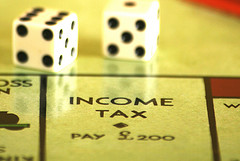
Many consumers are drowning in debt such as:
-
Credit Cards
-
Store Cards
-
Personal Loans
-
Medical Bills
One solution is Debt Settlement.
When an account becomes very delinquent, it is often charged off by the original creditor and the account is assigned or sometimes purchased by a collection agency.
The goal of the collection agency is to get as much money from the consumer as possible. Of course, they use methods that are border-line illegal or out-right in violation of the Fair Debt Collection Practices Act (FDCPA).
I’m not going to get into the techniques and how to combat them now, but if you would like free information, CLICK HERE.
After several months, a collector should be willing to accept a reduced amount to settle the account.
Depending on various circumstances, the reduction could be anywhere from 35% -50% of the current balance.
If a collector agrees to a settlement, there are a few things that you must do to protect yourself:
- Get a written settlement agreement before authorizing any payment! Never agree to a settlement just with a phone conversation!
- Once you have the settlement agreement in hand, then you can mail a check (my favorite) or authorize a check-by-phone (my least favorite) according to the terms of the agreement.
- After the payment has cleared, get a copy of the cleared check or details of the check-by-phone for future proof.
It is not common, but once in a while a settled debt my resurface at another collection agency or still be showing as an outstanding debt on your credit report.
Creditors are supposed to send you a letter after the settlement stating that the debt has been officially settled as well as notify the credit bureaus of the same.
But, very few do.
If you get a letter concerning a settled debt, you can easily prove the settlement by faxing:
- A copy of the settlement agreement
- A copy of the canceled check or proof of check-by-phone from your bank statement.
Correcting a mistake on your credit report takes a little more time and effort, but you can do it yourself.
Contact the agency and send them the same proof as above. You will need to follow up as they tend to take a long time to remove an incorrect or settled account from your report. There is no need to pay a “credit repair” company.
If you would like learn more about DEBT SETTLEMENT or what other options you may have to reduce or eliminate debt, click the link below or call 877-492-4109.



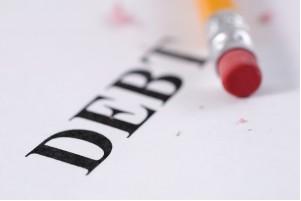 Are you trying to get out of debt but having trouble paying down your credit card bills?
Are you trying to get out of debt but having trouble paying down your credit card bills?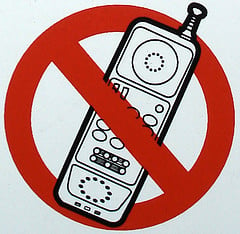 3 VERY IMPORTANT tips on how you can STOP COLLECTION CALLS:
3 VERY IMPORTANT tips on how you can STOP COLLECTION CALLS: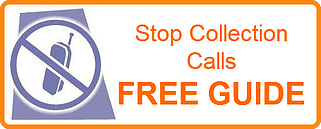
 Every day we get asked, "What’s the best way to eliminate credit card debt?”
Every day we get asked, "What’s the best way to eliminate credit card debt?” In order to pay off credit card debt successfully, it is important to commit yourself to improving your financial situation for the long term. There is no such this as a quick fix. Getting out of debt takes dedication and a realistic plan. With so many options to choose from, it can be overwhelming to figure out where to begin, where to seek advice, and whether you should tackle the debt on your own or enlist the services of a debt relief provider. Let's look at your options.
In order to pay off credit card debt successfully, it is important to commit yourself to improving your financial situation for the long term. There is no such this as a quick fix. Getting out of debt takes dedication and a realistic plan. With so many options to choose from, it can be overwhelming to figure out where to begin, where to seek advice, and whether you should tackle the debt on your own or enlist the services of a debt relief provider. Let's look at your options.



 So you’re ready to get out of debt once and for all. The question is, how do you do it and what options do you have. I’m going to share the options available to you as well as the pros and cons of each.
So you’re ready to get out of debt once and for all. The question is, how do you do it and what options do you have. I’m going to share the options available to you as well as the pros and cons of each. 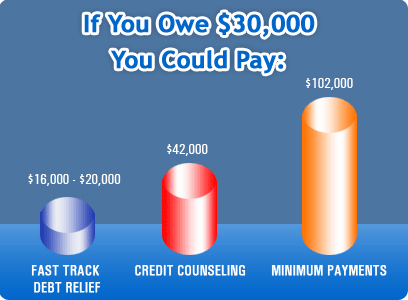
 Money is one of the topics couples fight about most often. Debt brought into marriage is an especially troublesome part of many couples’ money problems. Research shows that debt brought into marriage is the number one problem for newlyweds. Unfortunately, debt never rests, sleeps, or goes on vacation and as long as you have debt you will be in financial bondage.
Money is one of the topics couples fight about most often. Debt brought into marriage is an especially troublesome part of many couples’ money problems. Research shows that debt brought into marriage is the number one problem for newlyweds. Unfortunately, debt never rests, sleeps, or goes on vacation and as long as you have debt you will be in financial bondage.


